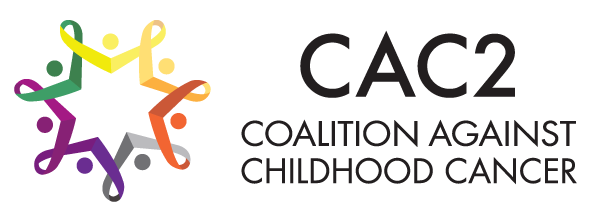Assorted news from last week:
Adding a novel anti-GD2 antibody (hu14.18K322A) to induction chemotherapy for children with newly diagnosed high-risk neuroblastoma yielded impressive survival outcomes and improved early responses versus historical benchmarks, investigators reported. Researchers have developed a test that detects specific changes in DNA fragments, or cell-free DNA, shed from medulloblastoma tumor cells into the fluid surrounding the brain and spinal cord, known as the cerebrospinal fluid. Based on their findings from a recent study, the researchers believe this test could potentially be used to identify children who, shortly after completing treatment, still have evidence of cancer—known as residual disease—who are at high risk of relapse. According to Jim Morris, investigative reporter for Public Health Watch, “for the foreseeable future, thousands of children will continue to be diagnosed with cancer each year and require treatment. But unless the drug-development process undergoes a significant transformation, they will remain a lower priority than adults.” “Substantial improvements in childhood cancer treatment and survival over the past 5 decades, with 5-year survival currently exceeding 80% in most European countries and North America, have led to a steadily growing population of childhood cancer survivors,” according to an article in Lancet Psychiatry. “However, individuals who have had a childhood cancer might be at a lifelong higher risk of adverse health conditions and socioeconomic challenges than their peers. Although many survivors generally cope well, it has become evident that survivors are at overall increased risk of various somatic late effects,” including increased risk for long-term psychiatric disorders compared with their siblings or peers. Great information about the New Beta version of Clinicaltrials.gov. Annette Bakker of the Children’s Tumor Foundation articulates reasons to use “shelved” drugs–that is drugs developed but not ultimately brought to market–to pursue new clinical trials that could be viable in other settings, including those for childhood cancers.
In a small study of three children with pediatric ameloblastoma of the jaw, a targeted therapy for BRAF inhibition allowed for conservative surgery to restore jaw to pre-disease state.
The World Health Organization and St. Jude announced the debut of the Global Platform for Access to Childhood Cancer Medicines. The platform will provide an uninterrupted supply of quality-assured childhood cancer medicines to low- and middle-income countries.
Upcoming Webinars and Online Opportunities:
View the December CAC2 All-Member webinar with Nickhill Bhakta, MD, MPH. who discussed why the academic approach of thinking about one childhood cancer with one treatment exposure with one chronic condition is not a realistic way of solving long-term disease burden experienced by survivors. An FDA webinar on Tuesday, Dec. 14, 1–2 pm ET will review the FDA Expanded Access Program along with agency resources such as the EA eRequest site, which lets physicians prepare and sign EA requests and submit them securely to the FDA. Learn more and register here: “Overview of Expanded Access (EA) Program and EA eRequest Site


